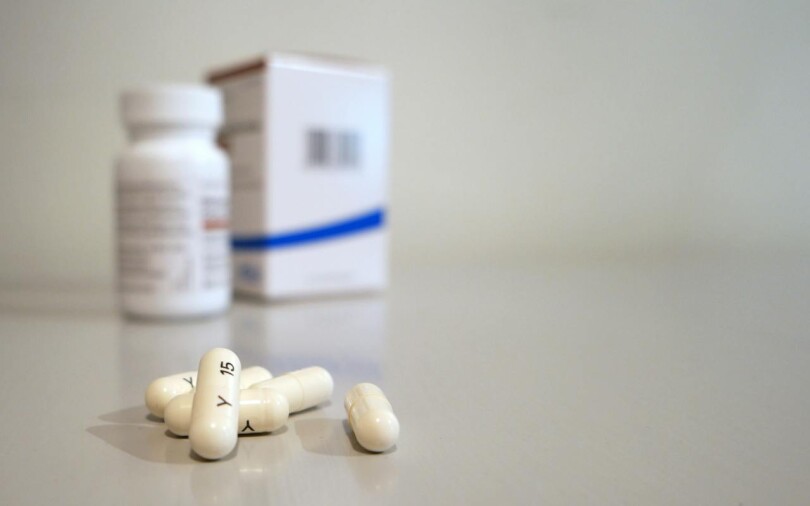3 Innovations from the International Horticultural Expo.
29 Apr 24
Enviro ChatThe Global News Source for the World of Science and Chemicals
29 December 2023
Lab Chat
In the last few decades, significant advances have been made in the fields of medicine and healthcare, resulting in markedly longer life expectancies around the globe. To date, this progress has relied largely on the development of new drugs and other treatment programmes… but could software be the future of medicine?
That’s the view of at least one leading industry expert. Speaking at the Dubai Health Forum 2023, Dr Mary Lou Jepsen gave a keynote speech in which she insisted that the breakneck pace of technological development is transforming human health faster than ever before and predicted that software could form the backbone of healthcare in the foreseeable future.
The development of drugs and pharmaceuticals has come on in leaps and bounds in the last 100 years, having a profound effect on the medical industry and the wider health of the population. However, the average drug takes roughly two decades to develop and an investment of $2 billion to bring to fruition.
By leveraging the vast capabilities offered by technology, artificial intelligence (AI) and software, we could slash those times and costs. According to Dr Jepsen, who is the Founder and CEO of award-winning manufacturing consultancy OpenWater, our existing expertise with regards to computer chips and semi-conductors means that these technologies can already be manufactured rapidly and at scale.
Given that OpenWater already has significant experience in developing new and innovative tools for the medical sector, it’s not unreasonable to assume that Jepsen is onto something. Similarly, the use of light and sonar in diagnostic and treatment therapies requires less regulatory scrutiny, allowing it to be fast-tracked, while both technologies have already shown their potential in a wide range of fields, from stroke diagnosis to cancerous cell elimination.
Dr Jepsen made her predictions in a keynote speech entitled “The Silicon Hospital: Revolutionising Disease Diagnosis and Cure” to the world’s largest gathering of futurists and forward-thinkers in the medical sector. However, she’s not the only big-name scientist in the sector to champion the merits of software in medicine of late.
Writing in the highly revered scientific journal Nature, the Executive Vice President of the Scripps Research Institute Eric Topol has been similarly bullish in his hopes for applying AI to medicine going forwards. Reminding us that 25 years ago, the worldwide web was still in a fledgling state, Topol asserts that it is “reasonable to think big and without limits” in the 25 years ahead.
Topol envisages a global health database that is contributed to and accessed by as many of the planet’s nine-billion-plus inhabitants as possible. By taking advantage of Big Data and AI, this worldwide infrastructure could be leveraged to enhance diagnoses, provide personalised insights and manage medical conditions with far greater accuracy and efficiency than ever before.
DOWNLOAD PDF

2 Day Seminar Program
@ ArabLab+ 2024
24 & 25 September 2024
22 Apr 24
Lab ChatYour stay in Dubai
Labkit
Product News
Chemkit
Product News
Thinking about exhibiting at ARABLAB 2024? Watch our video to find out more.
Join the world’s leading organisations…
Join our mailing list and receive the ARABLAB newsletter and event updates.